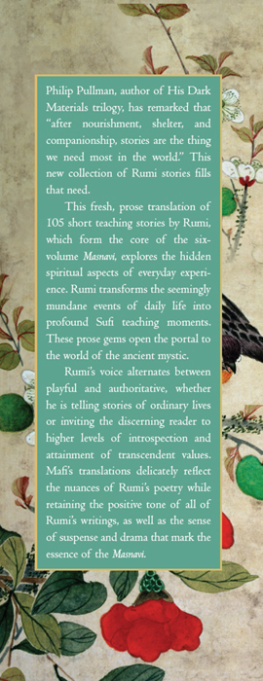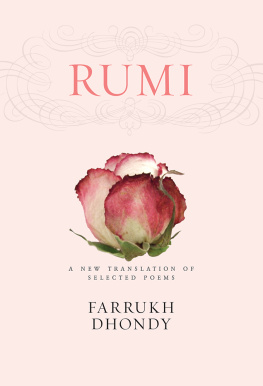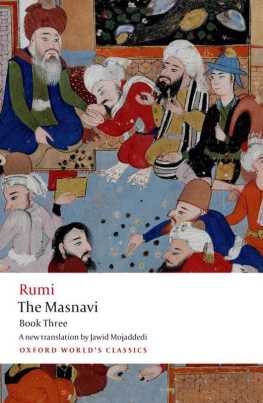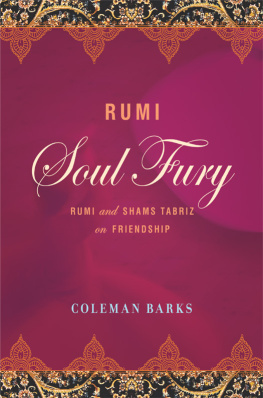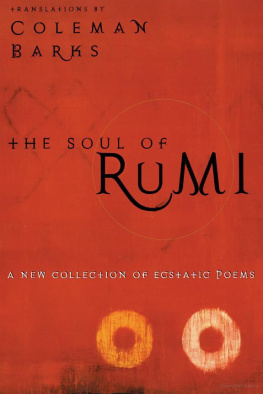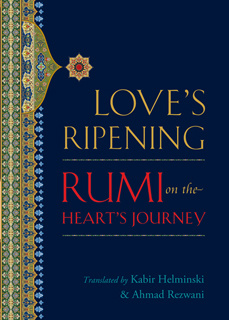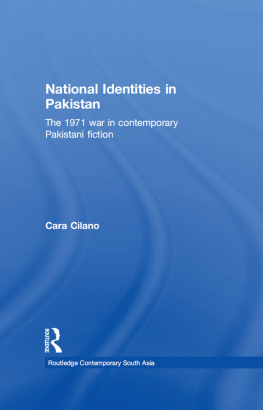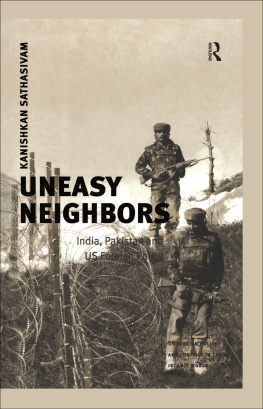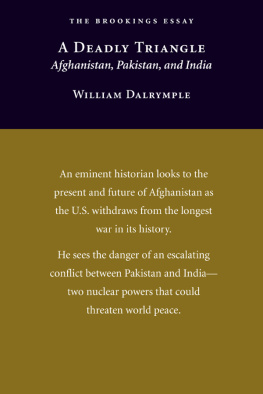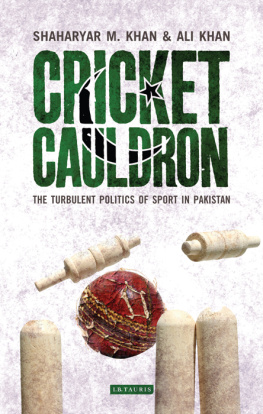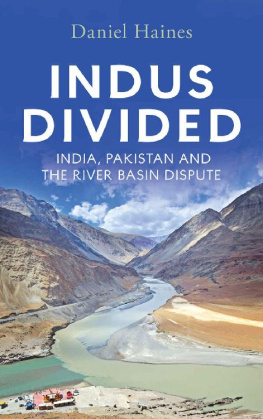Table of Contents
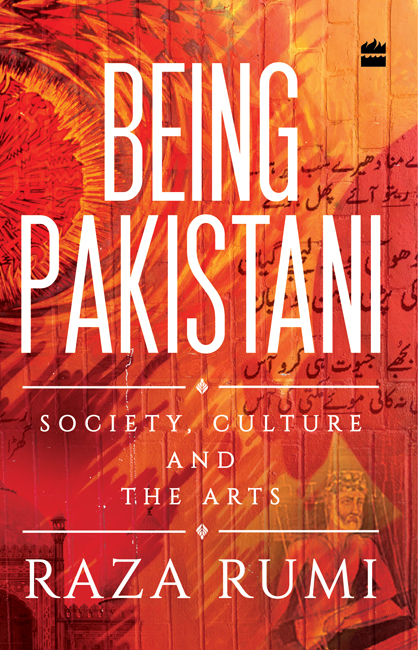


Contents


T hree decades ago, I asked Pakistans celebrated writer and intellectual Enver Sajjad to define Pakistani culture for me. I vividly remember that restless summer evening and the erudite response which emphasized the pluralistic nature of Pakistans myriad cultures. And the fact that Pakistan was way too diverse than I, as a schoolboy, understood. Pakistans cultural landscape is a fascinating kaleidoscope that endures in stark contrast to the singular notion of one-religion, one-nation, one-culture that we learnt at school and heard on the radio and TV. Being Pakistani is a composite, layered and often contested idea.
The occasional writings in this volume reflect my attempts to understand the country of my birth and identity. Some of these essays were presented at conferences while others were written for specific publications. Despite the variations in style and tone, there are common threads: the richness, the contradictions and the power of cultural expression.
After 1947, Pakistan as a new nation-state had to carve out an identity separate from India. This was a peculiar struggle. While religion brought together the majority of the population, local cultures and languages and a shared past with India made the task more complicated. Artists, writers and intellectuals have continuously challenged the state narratives of nationhood. This book features profiles of Intizar Husain, Fahmida Riaz and Mustafa Zaidi among others, whose literary works have delved into such themes. Literature has also been a powerful instrument of political resistance through dictatorships; and more recently poets and writers have confronted extremism that afflicts contemporary Pakistan.
Pakistani identity and ecology include the River Indus, the cult of the feminine in folklore and the indistinguishable spirituality of Sufi Bulleh Shah and Bhakat Kabir. Its contemporary popular culture entails influences from Bollywood and Indian TV soaps. But there is also an emergence of a distinct Pakistani cultural sensibility. The works of artist Shahzia Sikander and others that revived miniature painting at the global level, artistic battles of Saira Wasim and (late) Asim Butt (featured in this collection) testify to how a meaningful Pakistani cultural idiom has evolved over the years. Pakistans poets, writers, and artists have been producing alternative histories, yet to be properly documented.
Geopolitics and the dominant global security discourse have reduced Pakistan to terrorism and military coups. Films, novels and global media images reaffirm such reductionist frames.
I hope this book will allow the readers to notice the intricate mosaic of Pakistani identity and vibrant cultural expressions.


F ifteenth-century India witnessed the coming of age of a process that started brewing with the arrival of the eternal travellers, the Central Asian Sufis, who arrived in India with the message of Islam and mystic love. When Sufi thought, an offshore spiritual undercurrent to the rise of Islam, met its local hosts, the results were terrific. There was no shortage of fundamentalists and communalists in that cultural landscape, and the gulf between alien rulers and the native subjects was a stark reality as well.
Nevertheless, hundreds of yogis, Sufis and poets of India navigated a synthesis of sorts. Very much a peoples movement, the Bhakti movement articulated a powerful vision of tolerance, amity and co-existence which is still relevant today. This was many centuries before the suave, western-educated intelligentsia coined the people-to-people contact campaigns. Yes, much has been lost in the tumultuous twentieth century and perhaps the histories and nation states rhetoric are also irreversible. But common ground remains. This article explores that common ground, which has been nurtured by the mystic poets from various parts of northern India, now comprising India, Pakistan and Bangladesh.
The powerful and soulful voices of Kabir, Bulleh Shah and Lalon Shah sing a shared tune: of love, rejection of formal identities based on caste, organized religion and class. In doing so, these mystics unleashed a process of inter-faith dialogue and understanding, and the triumph of humanism even in the most adverse political and economic circumstances.
As the following lines will show, their messages are so similar in tone and tenor that there seems to be a thread like Kabirs weave or Bullehs dance or Lalons rustic songs which was more prominent from the fifteenth to the nineteenth centuries, and continues even today. In a linear and non-linear sense of time, the messages of these poets have become embedded in popular psyche, language, rural rites and day-to-day existence; thereby shaping what we broadly understand as culture.
In their rejection of Muslim and Hindu orthodoxies, these mystic poets are messengers of love, oblivious of caste hierarchies and indeed spurned by both the Mullahs and the Pundits, but loved by the people the nameless and faceless millions who have found a meaning in their existence through them and have learnt to love their fellow human beings.
Kabir (1398-1448)
Do not go to the garden of flowers! O Friend! Go not there;
In your body is the garden of flowers.
Take your seat on the thousand petals of the lotus, And there gaze on the Infinite Beauty.
TRANSLATION BY RABINDRANATH TAGORE
Kabir, born seventy-one years before Nanak, is the supreme, sublime and perhaps the simplest of voices from the Bhakti movement. His poems have been sung across the subcontinent now for nearly five centuries. And there are so many versions of his poetry that researchers continue to grapple with the challenge of sifting the original Kabir from all that is attributed to his name. Does it matter? At the popular level, not really! Was he a Muslim or a Hindu? We do know that there are more than one tombs of Kabir where he is ostensibly buried. Similar confusion abounds over Kabir Samadhi. His name was evidently Muslim but his origins were shrouded by labels of all kinds. However, his internalization of the Indian spiritual tenets and lore made him a complete Hindustani beyond the barriers of religion, creed and identity politics which generates violence.
Dont go to the gardens outside, dont go: Your body itself contains a bower in bloom. There you can sit on a thousand-petalled lotus, And gaze upon the ultimate infinite form.
A weaver by profession and therefore at the lower end of the socio-economic strata, Kabir also represented the woes of the rural folk who lived in thousands of villages at the margins of central power and its intrigues. Kabirs songs were reformist in nature and influenced the ordinary villagers and lower castes and provided them the self-confidence to question Brahmins.
Rabindranath Tagores translations introduced Kabir to the world outside India. His translations are lyrical and retain the essential simplicity inherent to his otherwise complex thought. Here is a powerful thought: God is the breath of all breath. This is the fundamental pillar of Bhakti where worship and divine experience emanate from and are located in the self:


